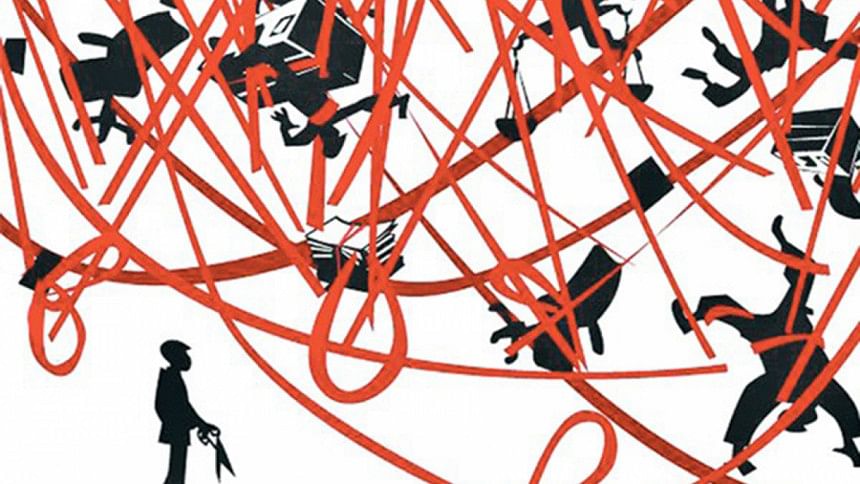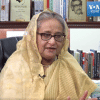PM's advice to the DCs

The prime minister has asked the deputy commissioners to take a stand against corruption. We welcome this instruction being timely and appropriate. However, we are constrained to point out that there is usually a gap between such directives and its implementation due to various reasons. We notice with some concern the gradual erosion of the institution of bureaucracy. Over the past few years, its efficiency has deteriorated, which is not entirely the fault of civil servants alone. Rather, the politicisation of the service has taken precedence over merit and efficiency, and we are having to face the consequences of that.
While corruption is definitely an important aspect, for the civil servants to work freely there is need for them to rise above political interference and pressure from different quarters. They have to be guaranteed that they do not suffer for their impartiality when carrying out their duties and responsibilities. Unfortunately, the multipronged pressure that the bureaucrats are subjected to, and the undue political interference they have to contend with from all affiliates of the ruling party, mar the capability of the public servants to deliver. The problems faced at the local level of administration was starkly demonstrated in the recent case of the UNO of Barguna, Sadar Tariq Salman. We wonder what would have happened to this civil servant had the prime minister not intervened personally.
While we appreciate the prime minister urging members of the bureaucracy to deliver, we feel it is equally important to equip them adequately and give them the protection from political power groups so that they may discharge their duties without fear or favour.

 For all latest news, follow The Daily Star's Google News channel.
For all latest news, follow The Daily Star's Google News channel. 








Comments